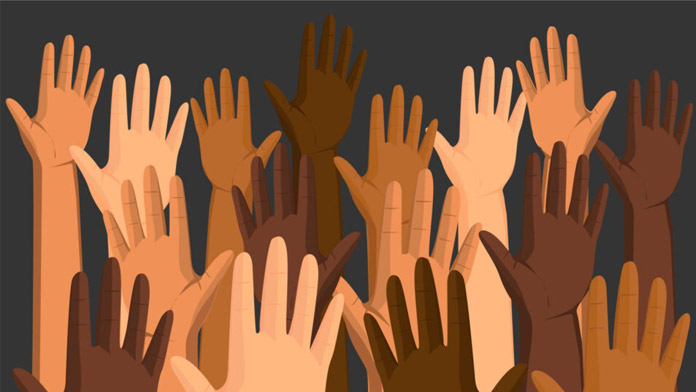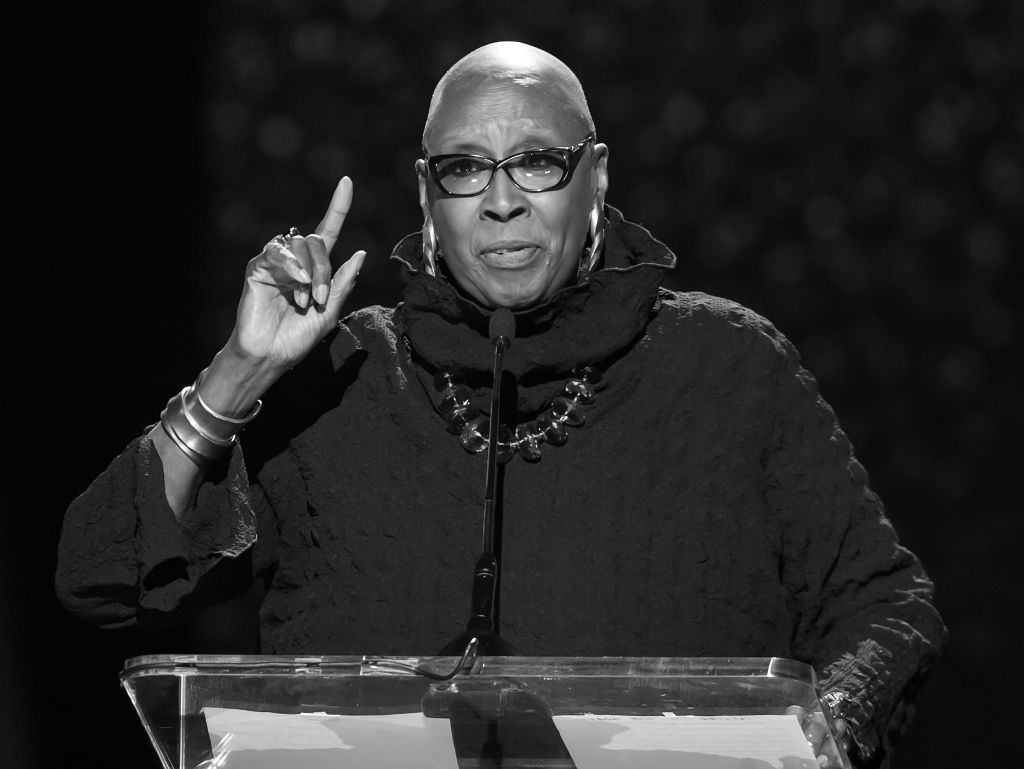Diversity in clinical trials matters. When participants in clinical trials look like the diverse world we live in – everyone benefits.
Clinical trials are health-related research studies that study and evaluate the safety and efficacy of investigational medicines, vaccines, and medical devices on humans.
Before a new medicine, vaccine, or medical device can be approved for public use, it must be researched through a series of phases in a clinical trial to evaluate whether a new medicine or vaccine is safe and effective for use by the general public.
Unfortunately, many clinical trials continue to lack the representation needed to reflect real-world populations. Diverse representation matters. A participant’s race, ethnicity, sex, and other health factors play a critical role in the development process of treatment options for public use.
To learn more about the clinical trial process, visit: www.researchincludesme.com
The Role of Diversity in Research Studies
When it comes to studying the safety and efficacy of investigational medicines; there is no one size fits all approach. The same medication can and may have different effects on participants with varying biological differences. Without diverse representation , researchers may not have the data to determine if and how differing backgrounds may respond to new and investigational drugs, medicines, vaccines, and recommended dosages.
For this reason, diversity in clinical trials is imperative for researchers to understand how certain health conditions affect different populations and to help ensure the safety and effectiveness of investigational treatment options for consumers of diverse backgrounds.
Minorities are Reluctant to Participate in Clinical Trials
Diversity in clinical trial participants is crucial to improving public health outcomes. However, for many minorities, distrust in the healthcare system is the main barrier in their willingness to participate in clinical trials.
This skepticism isn’t without cause. Historically, minorities have been the subjects of unethical practices in past clinical research studies. Such studies include: the Tuskegee Syphilis Experiment, the Puerto Rico Pill Trials, the case of Henrietta Lacks and many others.
Although new regulations and human rights protections have been implemented to prevent the reoccurrence of past wrongdoings and to help ensure the safety of clinical trial participants – the stigma of clinical trials for many minorities still lingers.
Improving Diversity in Clinical Trials
Patient and healthcare provider relationships
Doctors and healthcare providers are in a position to make the most impact when it comes to improving diversity outcomes in clinical trials. Physicians can help drive diversity outcomes by simply talking to their patients about clinical trials and getting to know them more. By developing meaningful relationships with their patients, doctors are able to establish trust and are in a better position to inform and support their patients with their decisions to participate in clinical trials.
Transparency
Minorities need transparency from researchers and healthcare providers in order to feel comfortable and safe enough to participate in clinical trials. From recruitment to onboarding and throughout the clinical trials process, participants need and should feel like they are a part of the process and be should be informed every step of the way.
Patient/Care advocates
Patient advocates are able to help support patients to make the best decisions for themselves. Enlisting patient advocates can help potential participants feel more at ease and less alone with the clinical trials process. They’re able to use plain language to help participants understand the clinical trial process, their rights, financial information, and better communicate any questions or concerns they may have. Connecting participants with care advocates can help give them the support they may need to enlist in a clinical trial – especially if the care advocate is of the same racial, ethnic, and/or language and cultural background as they are.
Outreach
Making an effort to reach out to diverse groups is always a step in the right direction. Outreach groups and agencies such as the CDC’S Office of Minority Health & Health Equity (OMHHE) are able to reach out and connect with diverse communities. In doing so, outreach agencies are in a unique position to be able to provide useful resources and educational content to stakeholders to garner advocates, new participants, and help erase clinical trial stigmas.
The Next Steps: Participating in a Clinical Trial
To participate in a clinical trial, talk to your physician or healthcare provider and let them know that you’re interested in learning more about clinical trials. They may already have a trial in mind that you might be a good fit for. You can also visit: ClinicalTrials.gov . This website is maintained by the government and lists active trials for many different diseases and illness.





















Discussion about this post